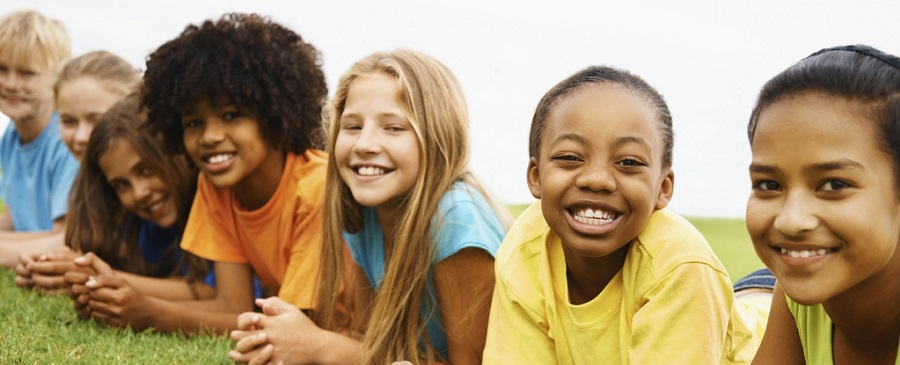
Pressure to succeed has taken on an entirely new meaning since we were kids: in school, in sports, in social settings. With competitive sports starting so young, our little ones are exposed to rejection at a much earlier age than we ever were. School gets a lot tougher a lot sooner and the expectations for our children to do well on standardized tests is at an all-time high. The advent of social media has brought new pressures we never could have imagined. Cyber bullying, body image issues, and the pressure to be “liked” can lead to low self-esteem and tremendous anxiety. All of this pressure can cause our children to worry, to act out, to suffer from behaviors and thoughts that may not be viewed as so-called “normal.” And when that happens, it can take quite a toll on us as parents.
Recently a client and I started to explore her feelings about her 9 year old son’s anxiety. What she said was so truthful that it really resonated with me. She admitted that she often feels deep frustration and anger towards him. As we discussed these feelings more, we realized that her feelings of anger towards her son then cause her to feel ashamed and guilty for feeling that way. It is a vicious cycle that I think many of us can relate to. How do these feelings impact our ability to parent in moments of tension or stress?
When our children are anxious, it can bring up a lot of feelings for us as parents. Our children are our hearts—when they hurt, we feel it, sometimes even more deeply than if we were in pain ourselves. We may feel guilt at the thought of being the cause of some of their anxiety, either biologically or through our parenting style. We may feel shame at having a child who is “different.” We may feel angry and frustrated with the way they are behaving. Seeing our children worry may stir up our own anxiety as we wrestle with how to help them. We may feel inadequate when what we are doing isn’t working. We may feel helpless at being seemingly unable to make our children feel better. Last but not least, we as parents are also impacted by social media. When we have that child who isn’t happy on the first day of school and is anxious and crying, we may feel overwhelmed, saddened, and envious when we log on and see all of those smiling faces.
This abundance of feelings, if left unchecked, impacts how we parent our children. Recently I have been reading and hearing more and more about self-care. In most instances, parents (moms especially) are encouraged to participate in self-care by giving some time to ourselves: the occasional massage or pedicure, yoga, hobbies, working out. These are all fantastic ways to take a break from our busy and stressful lives and many of them have physical benefits. But what about our mental health as part of our self-care? Maybe therapy for us as parents is just as beneficial if not more so than it is for our kids. What if the best way we can help our children is by helping ourselves?
When our children are anxious, it can bring up a lot of feelings for us as parents. Our children are our hearts—when they hurt, we feel it, sometimes even more deeply than if we were in pain ourselves.



